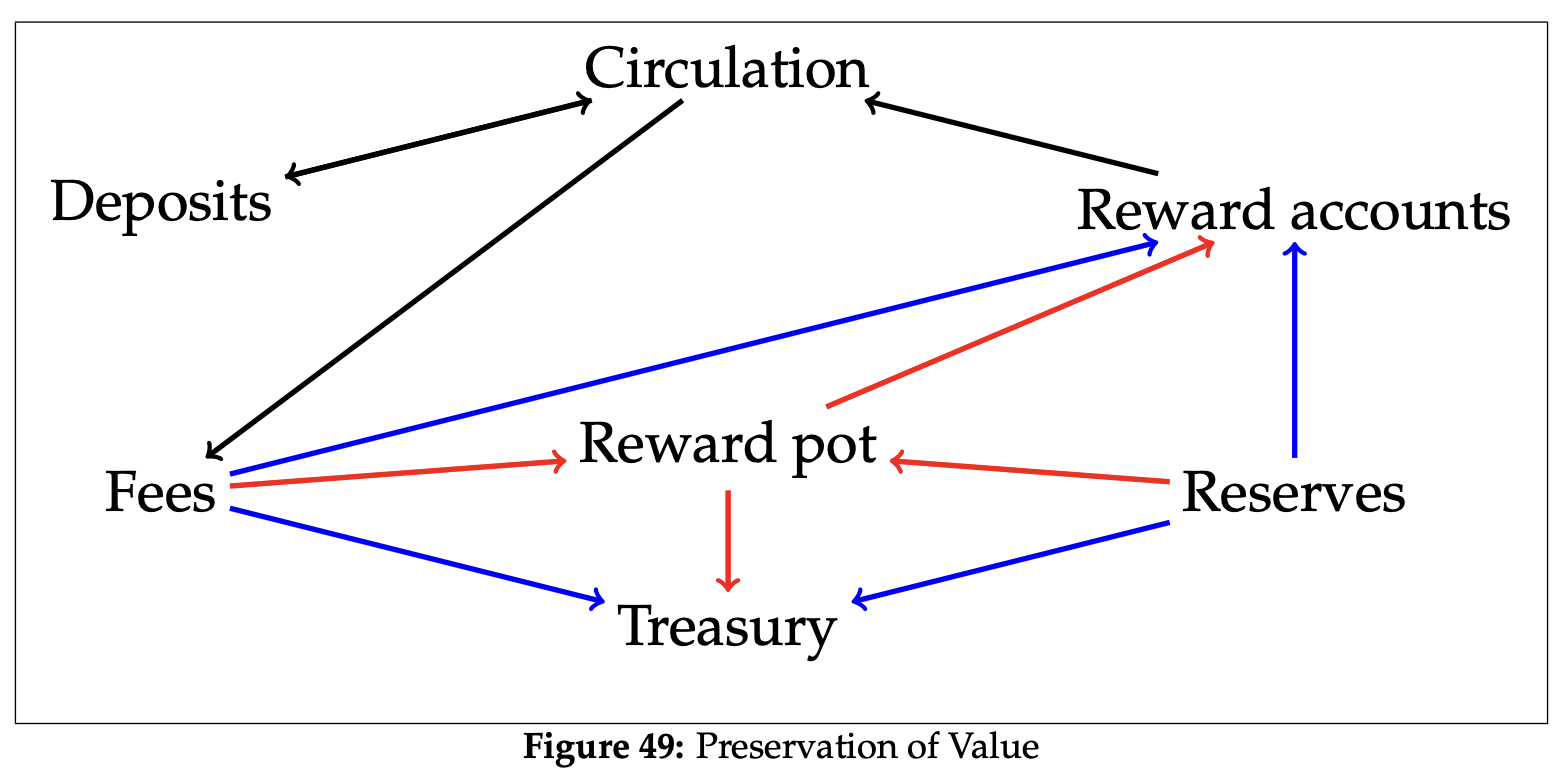Cardano Treasury Withdrawal Strategy
Treasury Withdrawal Strategy
I’ve made a mathematical model of the Treasury income for the next 10 years.
Current Treasury yearly income is about 300 million ADA. In 5 years it drops down to 125 million ADA per year. And in 10 years it’s about 40 million ADA.
My thoughts on the Treasury withdrawals as a DRep and Cardano developer:
- I don’t mind once a year withdrawals. I think @radioastro made good arguments why this is OK during Cardano Summit presentation on Governance. It’s easier to plan, to vote, to hedge against the price volatility, etc.
- I’m against the idea of random withdrawals from the current Treasury. Treasury withdrawals should be sustainable. Thus we need a strategy.
- The Treasury withdrawals should not be staked.
- No voting with Treasury withdrawals
Treasury Withdrawal Boundaries
I propose defining Treasury Withdrawal Boundaries for Cardano’s spending model. The budget would be constrained by:
\[Budget \in [50\%⋅TreasuryIncome, TreasuryIncome + 20\% \cdot Treasury]\]This approach ensures:
- A flexible budget that adapts to Cardano’s evolving needs and market conditions
- Opportunity for Treasury growth during favorable periods
- Sustainable long-term Treasury management with built-in safeguards
Based on current projections, this would make 150M–600M ADA available for the 2025 budget.
The parameters (50% and 20%) are adjustable based on community consensus – for example, a 70%/10% ratio could also be viable.
Why No Staking For Treasury Withdrawals
The Treasury withdrawals should not be staked.
According to Cardano Shelly specification, staking rewards are taken from the Reward pot, which is filled by the Reserves and Fees pots.

When Treasury withdrawals are staked, the rewards are taken from the Rewards pot to Reward accounts. Thus less money goes to Treasury.
This means that by staking the Treasury withdrawals we are decreasing Treasury income, essentially taking money from Treasury twice.
No Voting With Treasury Withdrawals
Well, I think that’s obvious. Intersect should not vote with Treasury withdrawals.
Delegate
If you like what I’m doing, please, consider delegating your voting power to me:
CIP-105: drep1k4h4cd5jknvcfeq5uuzqthpl7sdjxrwf9gn25tdk49qxyfhusgm
CIP-129: drep1y26k7hpkj26dnp8yznnsgpwu8l6pkgcdey4zd23dk655qcse26y3g
And vote for our Catalyst proposals! Search LANTR.
Enjoy Reading This Article?
Here are some more articles you might like to read next: